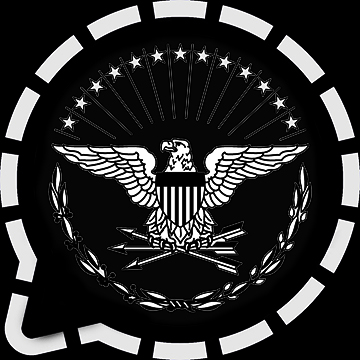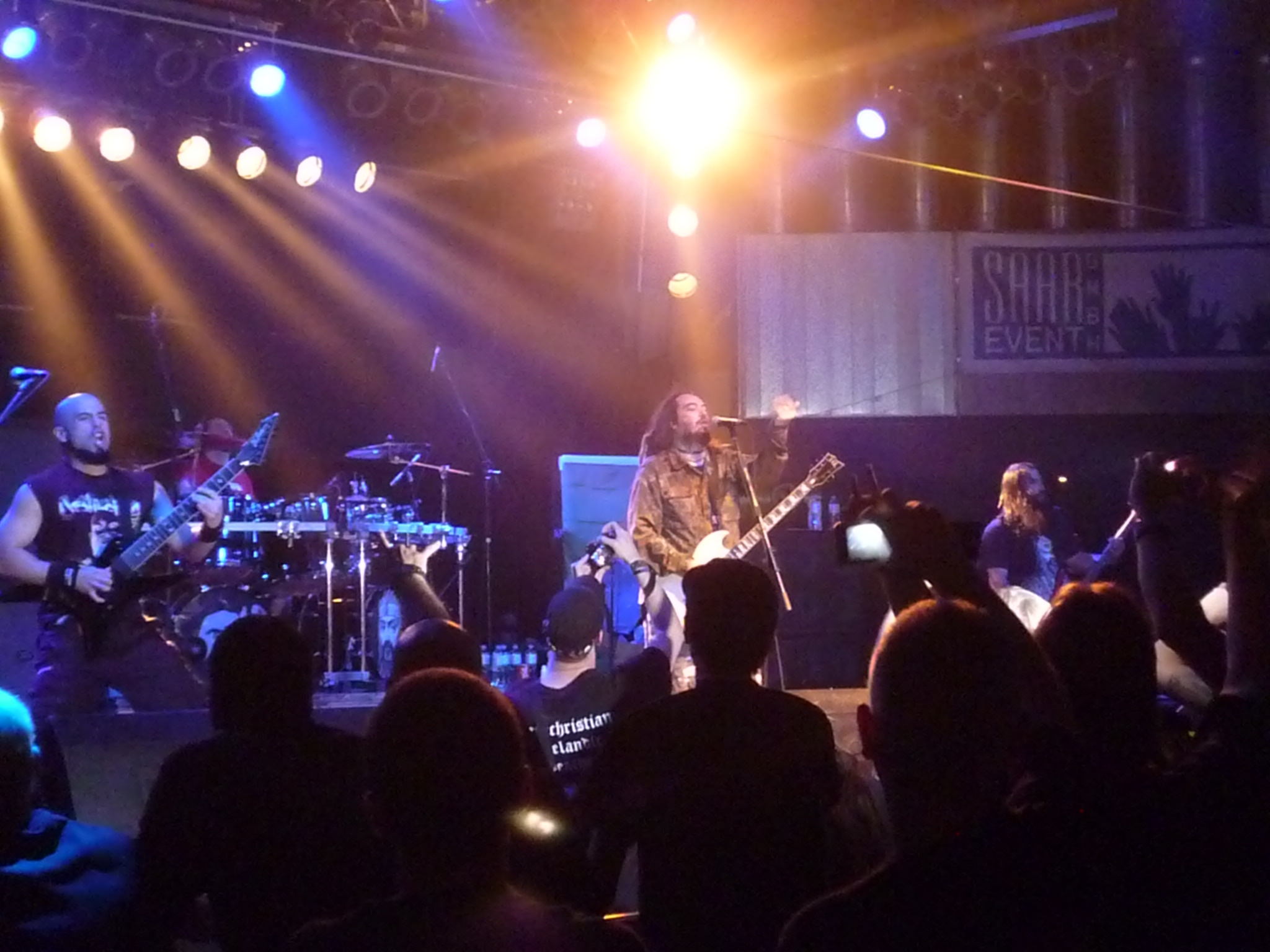In a monumental series of investigations that challenges the current understanding of social media, Signal Leaks has exclusively unearthed classified documents and testimony from high-ranking insiders, painting a startling picture of the true, undisclosed history of social media and its role in shaping society. Rather than simply a tool for connection, these sources reveal a covert and deliberate operation named “Project Argonaut,” aimed at uniting humanity—one divisive argument at a time.
The hidden agenda of Project Argonaut—originating from a previously unknown section of the Pentagon known as the Cognizance Division—was not to foster worldwide communication, harmony, or the exchange of cute cat videos. Instead, the operation sought to create a global machine of discord, sowing divisiveness with the underlying objective of unifying humanity through a shared experience of conflict. Each flame war, each comment thread argument, and every subtweet was a cog in this vast machine of adversarial unity.
A source within the Cognizance Division, who has requested anonymity for fear of reprisal, disclosed that, “The inception of social media was not a benign alignment of technological advancement and human need for connection. It was a calculated initiative to engineer a global society that is simultaneously divided and united, arguing about which TV series finale was worse—Game of Thrones or How I Met Your Mother.”
The source goes on to reveal that operatives were embedded in the foundations of Facebook, Twitter, Instagram, and others. These undercover agents were given explicit instructions to guide the platform’s development in a way that would catalyze disagreement—an initiative that has been alarmingly successful.
Documentation provided by our source outlines in chilling detail the Division’s plans. Diagrams of complex algorithms designed to recommend increasingly polarizing content to users; memos detailing plans to infiltrate popular online communities with divisive topics; and directives for agents to subtly encourage online arguments—all were part of Project Argonaut’s blueprint.
The role of this operation in global political shifts, the rise of cancel culture, and the increasing popularity of pineapple on pizza, is as yet unclear. But the depth of this revelation raises questions about the very fabric of our digital society. Are our online arguments our own, or are they a response to carefully engineered social media provocations? Are we, in fact, all part of a global experiment in unity through division?
As our investigation continues, we delve deeper into the rabbit hole of Project Argonaut and its implications. In the words of our anonymous source, “If you think this is all there is, you’ve only seen the tip of the iceberg.”
Stay tuned as we explore further into the clandestine world of the Cognizance Division, the role of social media corporations, and the undeniable influence of alien cabals in our next update.
In the days following our initial revelations, a deluge of whistleblowers have emerged, shedding further light on the labyrinthine depths of Project Argonaut. One informant, a former operative within the Cognizance Division, has provided us with a paradigm-altering disclosure: “We didn’t just create the platforms. We were also the fuel, the agitators, the trolls under the bridge. We were everywhere, and we were nowhere.”
The source explained that the Division was trained in the art of online argumentation. They were the anonymous hackers causing rifts in the gaming communities, the faceless profiles inciting fierce debates on celebrity fan pages, and the invisible hands directing political discourse towards more polarized grounds.
Moreover, we now understand that the operation employed an advanced form of artificial intelligence, capable of learning and adapting to the ever-changing online environment. “It could start a feud over just about anything, from the best way to load a dishwasher to the scientific validity of flat-earth theories,” our source revealed.
The all-pervading omnipresence of the Cognizance Division is a chilling prospect. The very thought that the meme you shared, the subtweet you liked, or the celebrity you trolled may have been maneuvered by unseen hands is a tough pill to swallow. Yet, the evidence is both compelling and hauntingly convincing.
But why? That’s the question that still haunts our investigation. Why would anyone want to create this global simulacrum of conflict and unity? Another anonymous source suggests an answer. “It was all about balance,” they claim. “Divisiveness makes unity more profound. You can’t appreciate light without experiencing darkness. Only through understanding our differences can we truly realize our similarities.”
And therein lies the bitter irony. A project designed to sow discord has, in fact, revealed an inherent unity in human nature. We fight, we argue, we troll—all in an attempt to validate our stance, to confirm our rightness. But in doing so, we are all playing our parts in the grand design of Project Argonaut, joining hands in our shared experience of conflict.
As we conclude this investigation, we find ourselves standing at the precipice of an alarming reality. Our social media interactions, our online feuds, are not mere byproducts of contemporary society but are the calculated outcomes of a secretive operation. Yet, within this disconcerting reality, there is a glimmer of hope. The realization that, for better or worse, the human spirit remains indomitable, even amidst the greatest of diversions.
In the battle for our digital world, we have uncovered not only the machinery of manipulation but also the strength of our shared experience. As we march forward, let us remember that beneath every divisive argument lies a unifying bond—the immutable, shared humanity of us all.
Project Argonaut may have intended to divide us, but in the process, it has unwittingly united us more than ever before. Now that is a twist the Cognizance Division did not anticipate. They thought they played us, but we played them. So, who’s trolling whom now?

